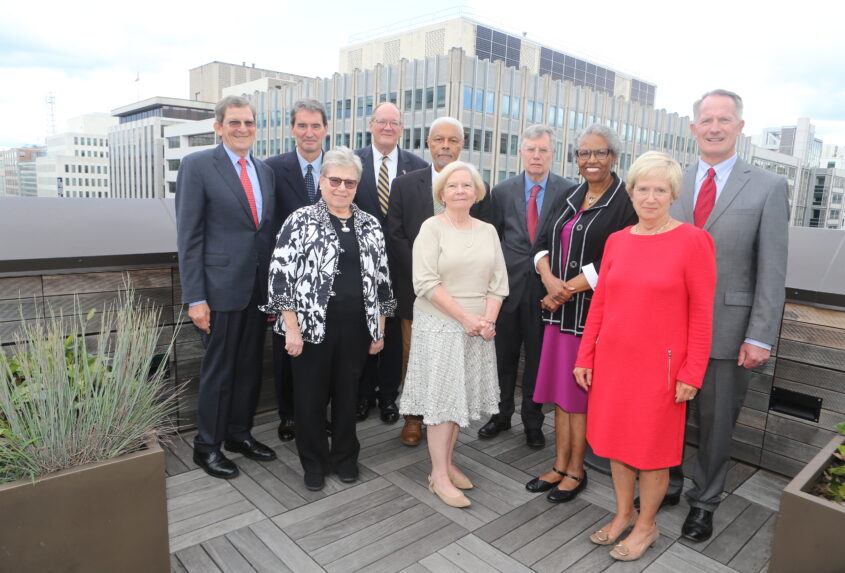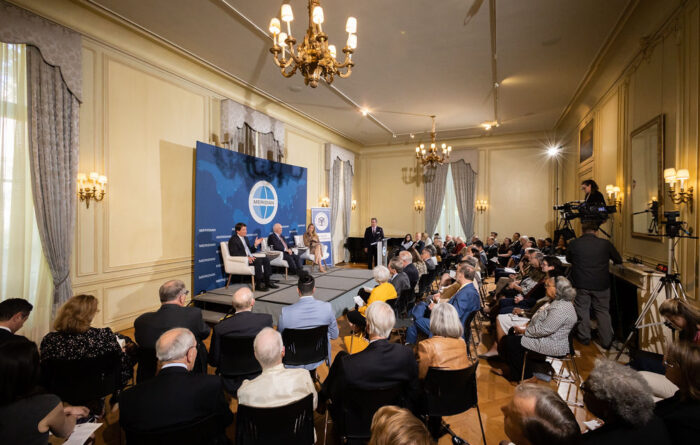
The American Diplomacy Project
Learn more about Cox’s involvement with the American Diplomacy Project.
Phase I of The American Diplomacy Project
“A U.S. Diplomatic Service for the 21st Century.”
In 2020, with the support of the Una Chapman Cox Foundation, Harvard University’s Belfer Center for Science and International Affairs undertook an ambitious project to focus on the future of the Foreign Service of the United States. Led by distinguished former Ambassadors Nicholas Burns, Marc Grossman, and Marcie Ries, the American Diplomacy Project, “A U.S. Diplomatic Service for the 21st Century” was published in 2020. In the words of the authors, “The United States Foreign Service is confronting one of the most profound crises in its long and proud history. At a time of pandemic, recession, and mounting global challenges, our nation’s career diplomats find themselves without the support, funding, training, and leadership they need to represent the American people effectively overseas and in Washington, D.C.”
Read ReportPhase II of The American Diplomacy Project
“Blueprints for a More Modern U.S. Diplomatic Service.”
Following the publication of the report “A U.S. Diplomatic Service for the 21st Century,” and again supported by the Una Chapman Cox Foundation, Ambassadors Grossman and Ries collaborated with Arizona State University’s Leadership, Diplomacy, and National Security Lab to develop actionable blueprints for implementation of some of the recommendations made in Phase 1. The report “Blueprints for a More Modern U.S. Diplomatic Service, issued in September 2022, contains detailed step by step action plans and draft legislative language to facilitate planning and execution of the recommendations.
Read ReportPhase III, seeking legislative support

Recognizing the significance and impact of what has already been accomplished in phases 1 and 2 of the American Diplomacy Project, in January 2023 the Cox Foundation contracted with the American Academy of Diplomacy to work with Department of State leadership, with members of Congress and their staffs, and with the American public to educate them about the project and to seek legislation and funding to accomplish the ambitious goals of phases 1 and 2. More details will follow as the project is underway.